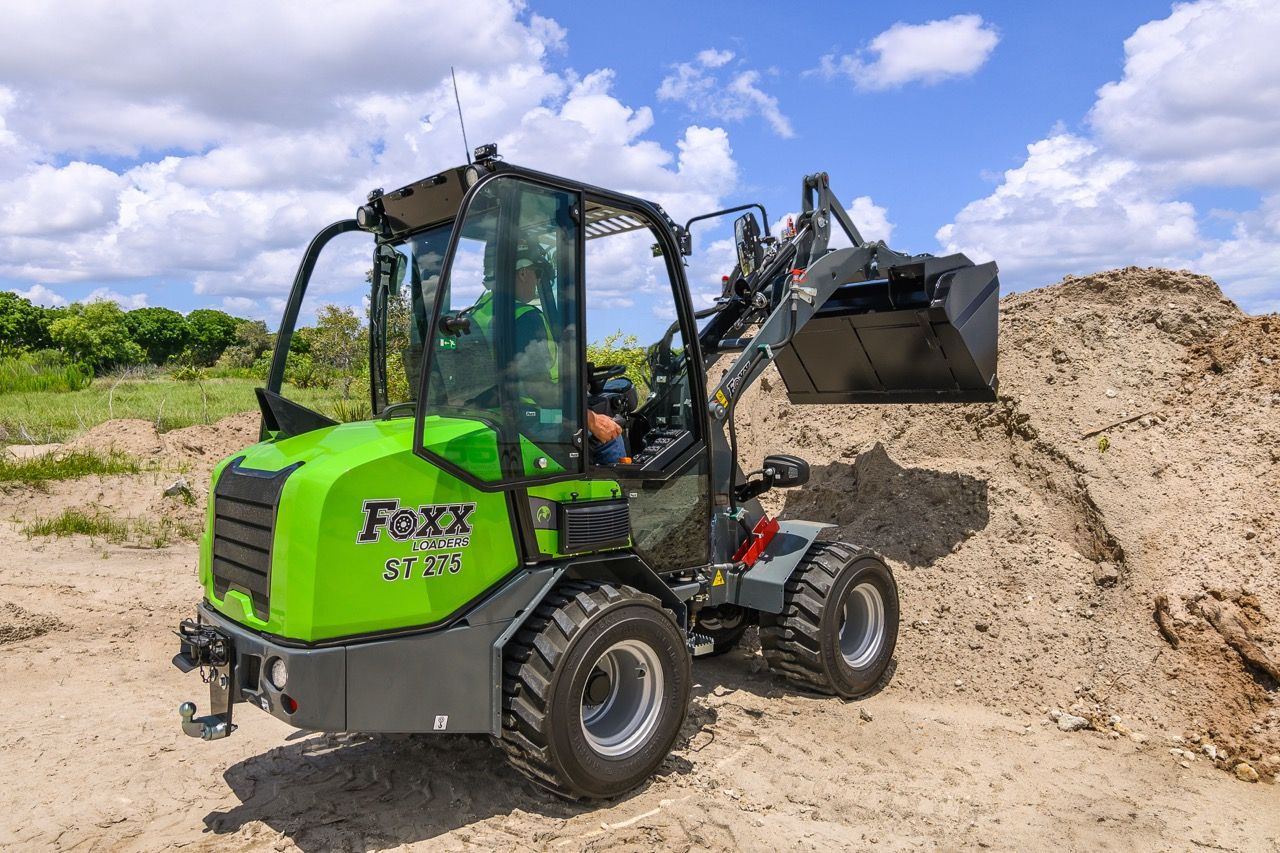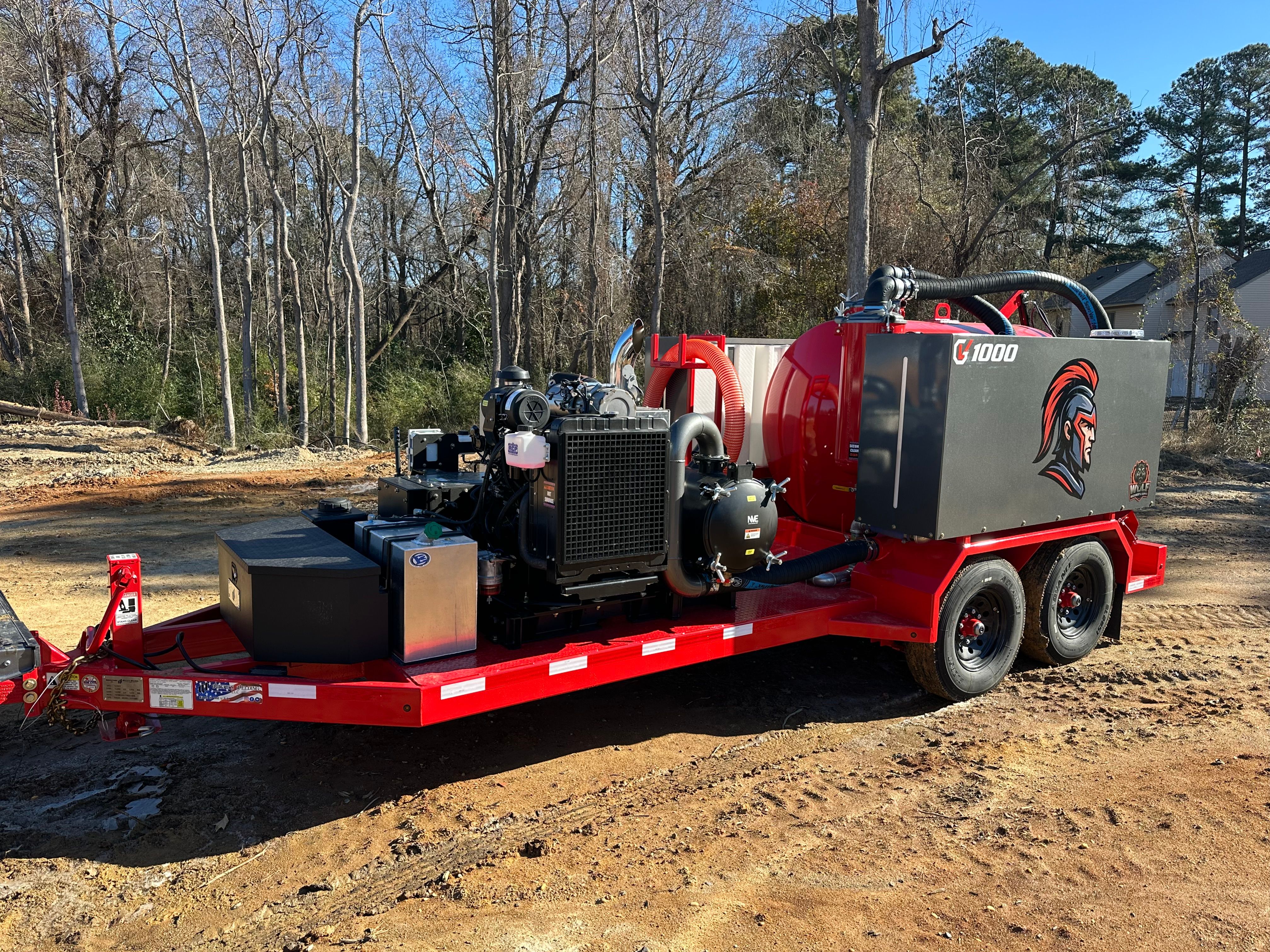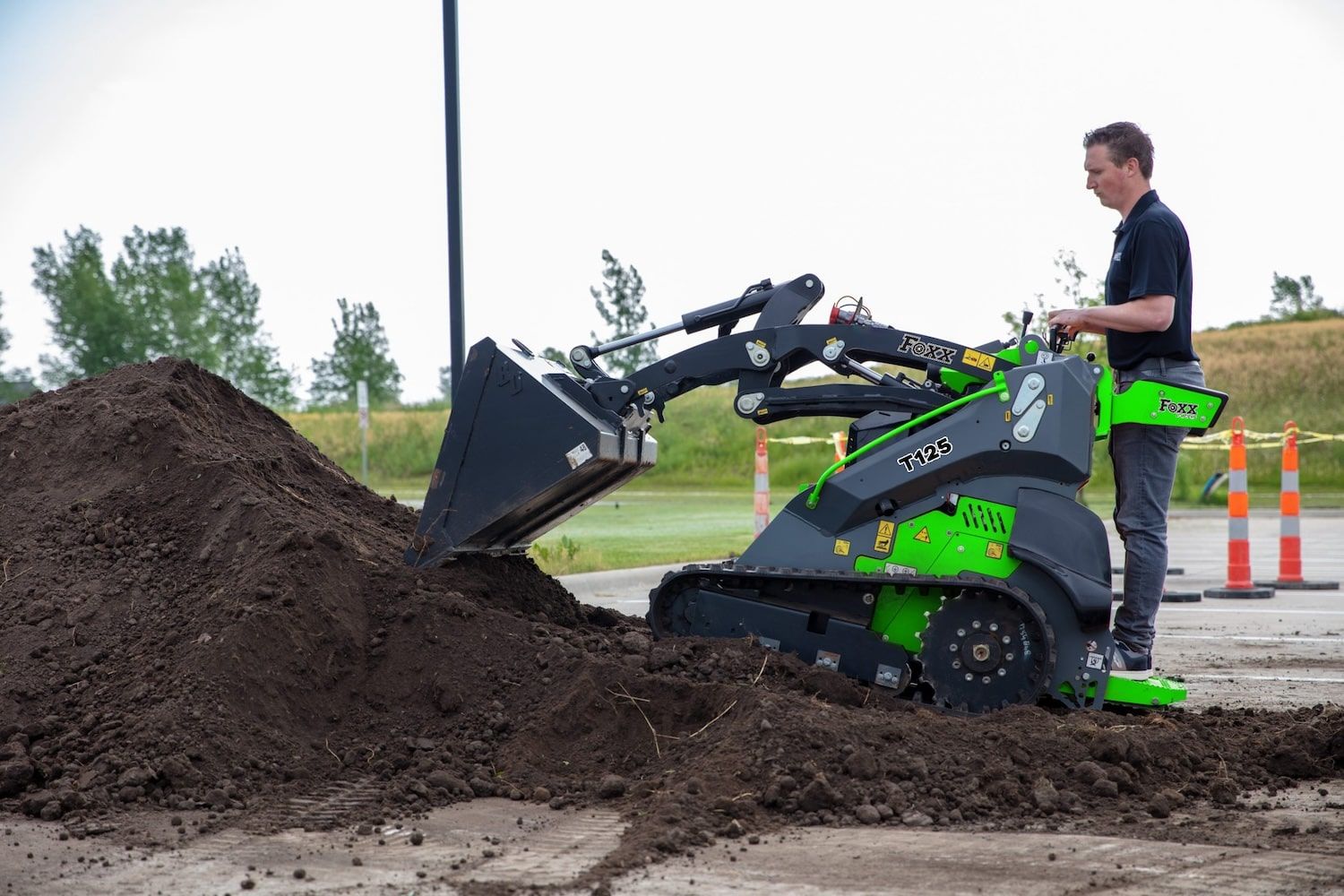Horizontal Directional Drilling (HDD) is more than just a construction technique; it's a sophisticated craft that combines advanced technology, skilled operation, and rigorous safety protocols. As the demand for trenchless infrastructure installation grows, so does the need for highly competent and certified operators. For contractors, a certified team minimizes risk and boosts efficiency. For operators, certification is the key to career advancement and professional credibility.
But what exactly goes into an HDD operator certification program? It’s far more than a quick tutorial. A comprehensive program is an in-depth journey that covers theory, hands-on application, and an unwavering commitment to safety. This guide will walk you through what to expect from a quality directional drilling training and certification course.
Why Certification is Non-Negotiable in Modern HDD
Before diving into the curriculum, it’s important to understand why formal certification has become the industry standard.
- For the Operator: Certification validates your skills, often leading to higher pay, better job opportunities, and a clear career path. It demonstrates your commitment to professionalism and safety.
- For the Contractor: Employing certified operators reduces the risk of costly mistakes, equipment damage, and project delays. It also lowers insurance premiums and provides a competitive edge when bidding on jobs.
- For the Project Owner: Certification provides assurance that the project will be completed to the highest standards of quality and safety, protecting their investment and the surrounding environment.
Core Components of a Reputable Certification Program
A true certification program is a balanced blend of classroom knowledge and real-world, hands-on experience. Here are the key areas a comprehensive program will cover.
1. Foundational Classroom & Theoretical Knowledge
This is the bedrock of your training. Before you ever touch a drill rig, you must understand the principles behind the process.
- HDD Fundamentals: Understanding the history, applications, and limitations of directional drilling.
- Pre-Bore Planning: Learning to read and interpret geotechnical reports and blueprints. A critical part of this is planning the ideal bore path to avoid obstacles and ensure proper ground clearance.
- Drilling Fluid Management: This is a science in itself. Training covers mud mixing, viscosity, gel strength, and how to adapt fluid properties to different soil conditions (from sand to clay to rock).
- Basic Geology: Identifying various soil types and understanding how they will impact the drilling operation.
- Utility Locating & Damage Prevention: In-depth training on using locating equipment, understanding utility color codes, and adhering to "Call Before You Dig" regulations. This is a cornerstone of any HDD safety program.
2. Hands-On Operator Skills Development
This is where theory meets practice. Under the watchful eye of experienced instructors, you will learn the practical skills needed to run an HDD operation from start to finish.
- Rig and Equipment Mastery:
- Conducting pre-use inspections and routine maintenance.
- Properly setting up the drill rig, staking the bore path, and ensuring site safety.
- Proficiently using the operator's console to control thrust, rotation, and drilling fluid flow.
- The Drilling Process:
- Tracking and Steering: Using walk-over or wireline tracking systems to guide the drill head accurately along the planned bore path.
- Backreaming: Selecting the right reamer for the ground conditions and product pipe size.
- Pipe Pullback: Executing a smooth and steady pullback of the product pipe, ensuring its integrity.
- Troubleshooting: Learning to recognize and respond to common issues like stuck pipe, loss of fluid, or unexpected ground conditions.
3. An Unwavering Focus on Safety Standards
Safety is the most important component of any HDD operator certification. A lapse in safety can lead to catastrophic utility strikes, environmental damage, or serious injury. A quality program will dedicate significant time to:
- Personal Protective Equipment (PPE): Understanding and using the correct safety gear.
- Job Site Hazard Analysis: Identifying and mitigating risks from overhead power lines, underground utilities, traffic, and more.
- Emergency Procedures: Knowing what to do in case of a utility strike, fluid spill (frac-out), or medical emergency.
- Environmental Protection: Implementing best practices to contain drilling fluids and minimize the impact on the surrounding area.
Understanding Different Certification Levels
Not all certifications are created equal. Many programs offer different tiers of qualification based on experience and skill level, which might include:
- Trainee/Apprentice Level: For new entrants, focusing on the fundamentals and qualifying them to work under the supervision of a certified operator.
- Certified Operator Level: The industry standard. This certifies an operator is competent to plan and execute common bores with a high degree of autonomy.
- Advanced Certification: For veteran operators, this may cover more complex challenges like solid rock drilling, large-diameter bores, or exceptionally long crossings.
The Final Test: Proving Your Competence
To earn your certification, you will need to pass a two-part examination:
- Written Exam: This tests your theoretical knowledge of HDD principles, fluid management, planning, and, most importantly, safety regulations.
- Practical Skills Assessment: This is a hands-on test where you must demonstrate your ability to safely and efficiently set up a rig, execute a planned bore, and respond to instructions from an evaluator.
Paving the Way for Your Future
An HDD operator certification is more than a piece of paper—it's an investment in your career and the success of your company. It signifies a mastery of the equipment, a deep understanding of the underground environment, and an absolute commitment to safety.
By completing a comprehensive program, operators are not just prepared to drill; they are prepared to lead, problem-solve, and uphold the highest standards of the industry.




